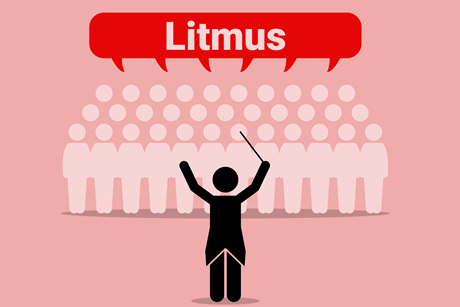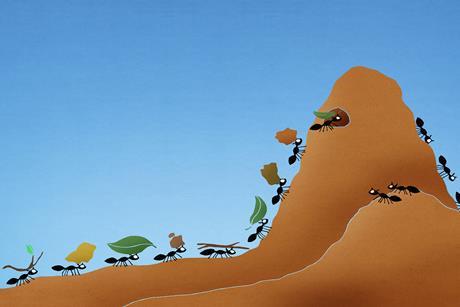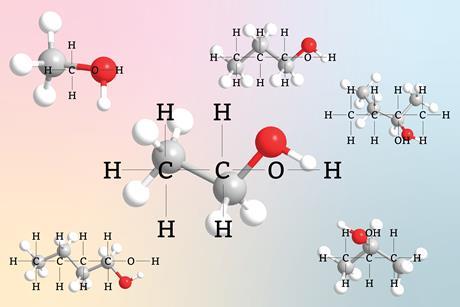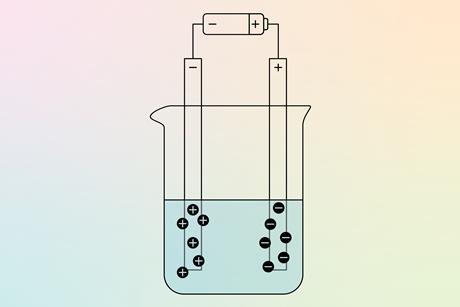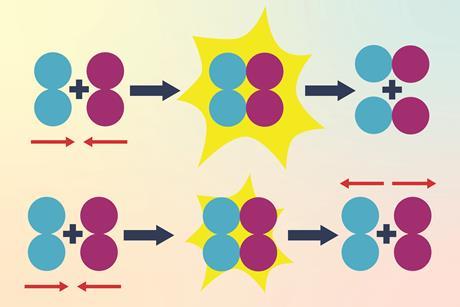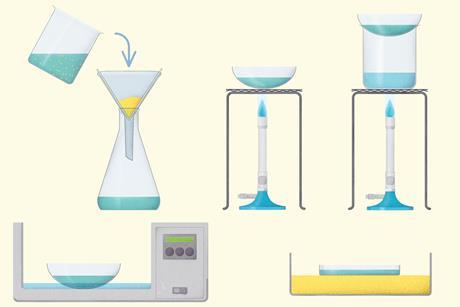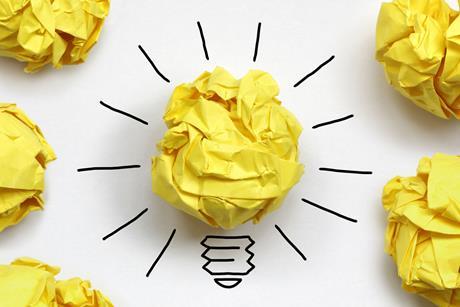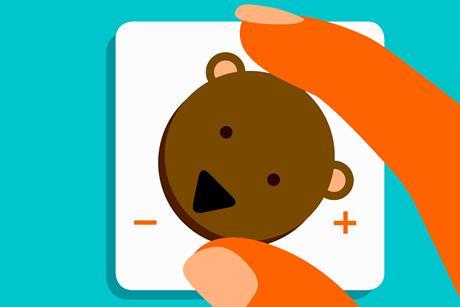How to manage the transition from pre- to post-16 chemistry
Six strategies for bridging the transition for learners to post-16 chemistry
Use I say, you say and choral response to boost engagement
Two techniques to strengthen learners’ engagement and enthusiasm, whatever the topic
The fast guide to visible learning in chemistry
Boost engagement, motivation and achievement in your classroom by making learning explicit
4 ways to teach organic compounds at 14–16
Use these teacher-tested ideas to compound learners’ knowledge of carbon atoms
Combine stories and demos for wow lessons
Weave storytelling into classroom practicals to deepen engagement and understanding
How to build a culture of hard work in your classroom
Why hard work matters more than data – and how to make it happen
Education in Chemistry - Classroom articles
Teaching alcohols at 14–16
Help students understand alcohols and their reactions
Teach electrolysis at 14–16
Encourage learners to be positive about electrolysis
Teaching rates of reaction and collision theory at 14–16
Help students tackle the topic of collision theory head on with these teaching strategies
Explore the nitrogen oxides: unexpected equilibrium
Volume and temperature affect the equilibrium position of nitrogen dioxide and dinitrogen tetroxide in this counterinituitive equilibria chemistry demo
Explore the nitrogen oxides: Avogadro’s law revisited
Use colourless nitrogen monoxide and oxygen gases to produce coloured nitrogen dioxide gas
Forming a cloud in a bottle
Explore evaporation, condensation and equilibrium with this quick and easy demonstration
How to teach filtration, evaporation and crystallisation at 11–14
Show your learners the essentials of separation techniques with this poster and fact sheet
Teaching distillation’s apparatus and stages
Walk your 14–16 learners through the process of distillation and the equipment needed
Be an inclusive science teacher with these research-informed tips
Making chemistry lessons and practicals more accessible for learners with additional support needs will benefit everyone in your class
What is the best revision technique?
There’s not just one. Use these evidence-based strategies to set your students up for science exam success
Master organic mechanisms with an arrows-first approach
Use an arrows-first approach to mechanistic organic chemistry to deepen your post-16 learners’ understanding and improve their assessment outcomes
Integrating scaffolding and metacognition into titrations
Can a flipped-practical approach encourage thinking and self-reflection?
Creative exercises to connect concepts in organic chemistry
Learn how to use purposeful prompts to encourage students to make meaningful connections between newly learned and previously covered ideas
How making mistakes in practicals impacts student engagement
Understand how learners respond to and recover from different types of errors in the chemistry lab to improve student outcomes
Use students' drawings to understand their thinking
How to develop your recognition and interpretation skills to better evaluate learners’ chemical representations
How metacognition improves student engagement and outcomes
Two strategies to improve learners’ thinking about thinking when solving chemistry problems




